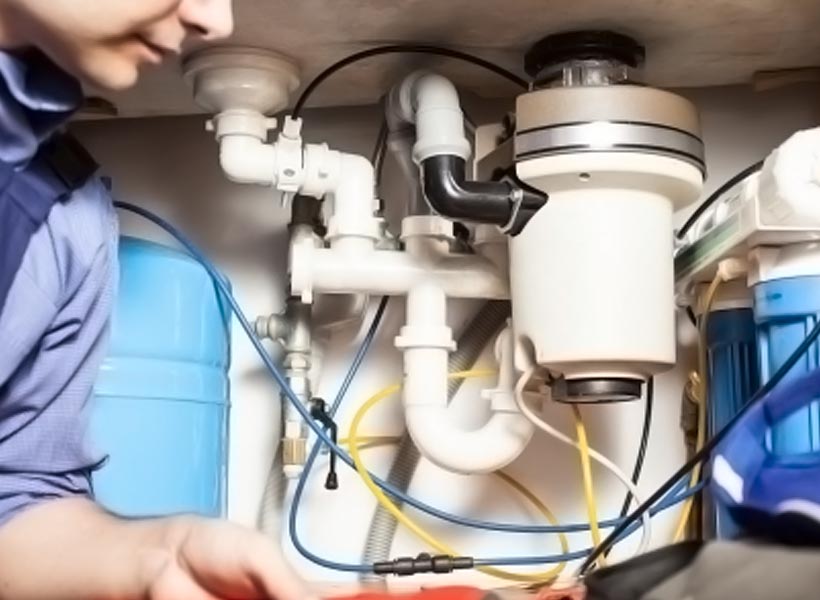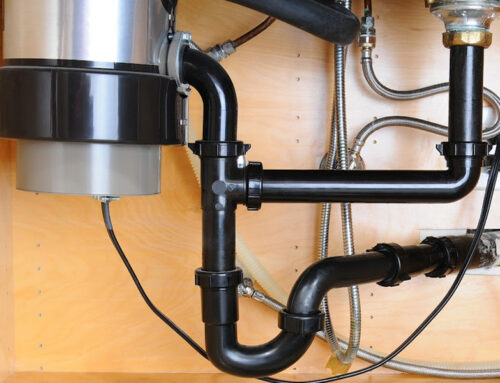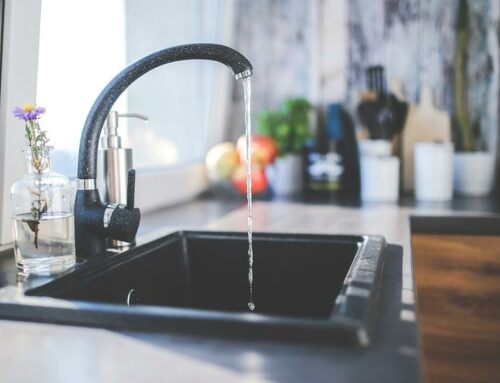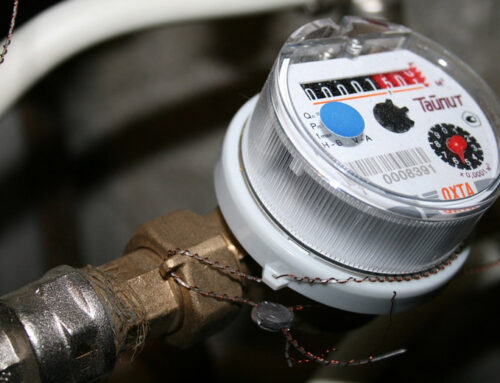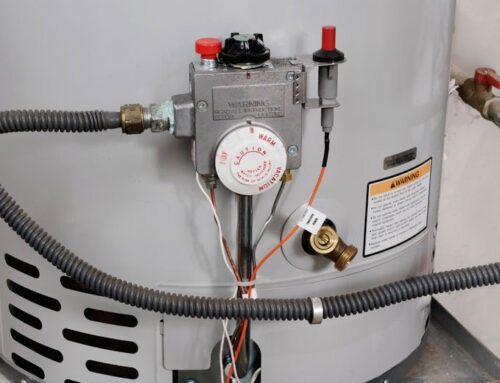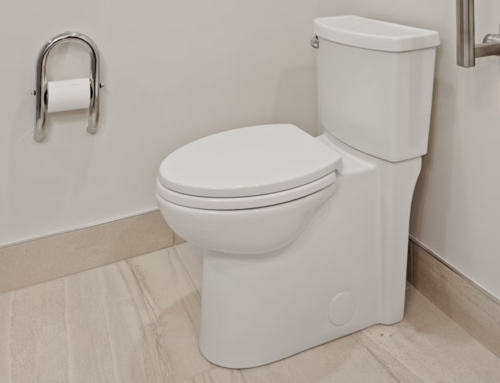A leaking garbage disposal can be a frustrating and messy issue for homeowners. Not only does it pose a potential threat to your kitchen and surrounding areas, but it can also lead to more extensive damage if not addressed promptly. In this guide, we’ll explore the common reasons why your garbage disposal might be leaking and provide practical solutions to help you tackle this plumbing problem head-on.
Common Causes of Garbage Disposal Leaks:
- Loose Connections:
One of the most frequent reasons for a leaking garbage disposal is loose connections. Over time, the various pipes and connections that make up your disposal system can become loose due to vibrations and regular use. Check all the connections, including the hose clamps, and tighten them securely to eliminate any potential leaks.
- Worn or Damaged Seals:
Garbage disposals have multiple seals that prevent water from escaping. These seals can wear out over time, leading to leaks. Inspect the seals for any signs of wear, cracks, or deterioration. If you notice any damage, replacing the seals is a relatively simple and cost-effective solution.
- Cracked Disposal Body:
A more serious issue that may cause leaks is a cracked disposal body. Inspect the exterior of your garbage disposal for any visible cracks. If you find any, it’s crucial to replace the unit as soon as possible to prevent further water damage and potential electrical hazards.
- Faulty Dishwasher Connection:
If your garbage disposal is connected to a dishwasher, a leak might be originating from the connection between the disposal and the dishwasher hose. Ensure that the hose is securely attached and free from any cracks or damage. If necessary, replace the hose to eliminate the leak.
- Corroded Drain Pipe:
Over time, the drain pipe connected to your garbage disposal can corrode, leading to leaks. Inspect the pipe for any signs of corrosion, and if you find it, consider replacing the affected section. Stainless steel pipes are a durable option that can resist corrosion.
- Excessive Waste Accumulation:
Sometimes, leaks occur due to an excessive buildup of waste in the disposal. This can put additional strain on the components, leading to leaks. Regularly clean your garbage disposal by running a mixture of ice cubes and rock salt or a disposal cleaner through it to help prevent clogs and leaks.
- Improper Installation:
If your garbage disposal was not installed correctly, it could result in leaks. Ensure that the unit is properly aligned and securely attached to the mounting assembly. If you suspect installation issues, it’s recommended to consult a professional plumber to assess and correct any mistakes.
- Damaged Internal Components:
Internal components, such as the flywheel or impellers, can become damaged over time, leading to leaks. If you’ve ruled out external causes and the leak persists, it might be necessary to disassemble the disposal to inspect and replace any damaged internal parts.
Steps to Address a Leaking Garbage Disposal:
- Turn Off the Power:
Before attempting any repairs, ensure the garbage disposal is turned off and disconnect the power supply. This is crucial for your safety.
- Identify the Source:
Carefully inspect the disposal to identify the source of the leak. Use a flashlight to check for cracks, loose connections, or damaged seals.
- Tighten Loose Connections:
If you find any loose connections, use a wrench or pliers to tighten them securely. Ensure that all components are properly aligned.
- Replace Worn Seals:
If seals are worn or damaged, purchase replacement seals compatible with your garbage disposal model. Follow the manufacturer’s instructions for proper installation.
- Inspect the Dishwasher Connection:
Examine the connection between the disposal and the dishwasher hose. Tighten the connection, and if the hose is damaged, replace it.
- Check for Cracks:
If you find cracks in the disposal body, it’s essential to replace the unit. Consult a professional plumber for assistance with the replacement process.
- Examine the Drain Pipe:
Inspect the drain pipe for corrosion, and if needed, replace the corroded section with a new stainless steel pipe.
- Clean the Disposal:
Run ice cubes and rock salt or a disposal cleaner through the unit to clean and prevent clogs. This can alleviate strain on the components and reduce the risk of future leaks.
- Professional Assistance:
If the leak persists or if you’re unsure about the cause, it’s advisable to seek professional assistance. A licensed plumber can conduct a thorough inspection, identify the root cause, and provide expert solutions.
A leaking garbage disposal is a common plumbing issue that can be addressed with careful inspection and appropriate action. By identifying the source of the leak and following the steps outlined in this guide, homeowners can often resolve the problem on their own. However, if the issue persists or if there are concerns about the disposal’s internal components, seeking the expertise of a professional plumber is the best course of action to ensure a lasting and effective solution. Remember to prioritize safety by turning off the power before attempting any repairs, and don’t hesitate to reach out to a qualified plumber for assistance when needed.

